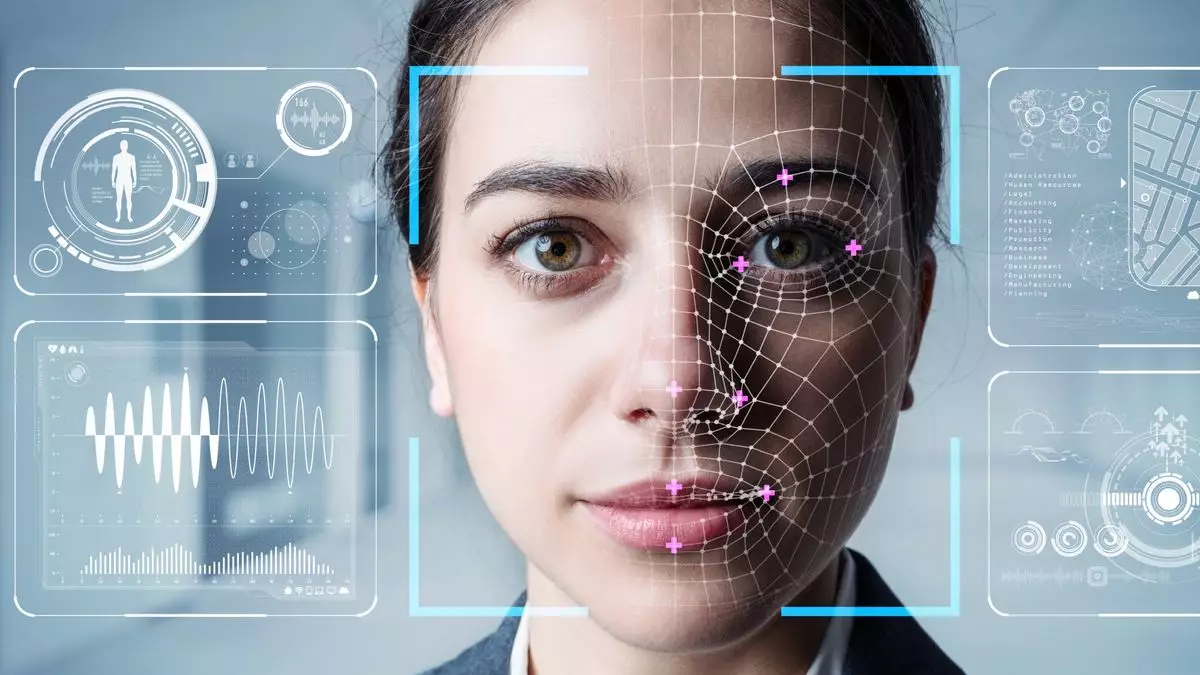The U.S. Travel Association is raising alarms about a proposed amendment that could restrict the use of biometric facial recognition technology in airports. Senators Jeff Merkley and John Kennedy have introduced an amendment to the Federal Aviation Administration reauthorization bill that has the potential to cause significant travel delays. According to the association, if this proposal goes through, travelers could find themselves waiting an additional 120 million hours in TSA lines each year.
Geoff Freeman, the CEO of U.S. Travel, has spoken out against the Merkley-Kennedy amendment, labeling it as dangerous, costly, and disruptive. He believes that eliminating biometric technology, such as facial scans, would set the United States back by decades. Freeman criticized the sponsors of the amendment as being misinformed and blamed them for the chaotic situation that could unfold at airports across the country.
Many destination executives, including Fred Dixon from NYC Tourism + Conventions, have expressed their concerns about the potential ramifications of limiting biometric technology in airports. They argue that the growth in international visitation is closely tied to the ease of travel, and biometrics play a critical role in streamlining the process. U.S. Travel highlighted that a majority of flyers support the use of biometric technology and emphasized that it is already in place at several major airports in the U.S.
Freeman dismissed the fears surrounding government surveillance and stressed the importance of providing travelers with options. He emphasized that facial-recognition technology is widely accepted in other aspects of daily life, such as unlocking smartphones, and should not be deemed as intrusive. Freeman also pointed out that the images captured during the screening process are deleted within seconds, alleviating concerns about data storage and privacy breaches.
The Merkley-Kennedy amendment is just one of many proposals that senators are considering this week. The political negotiations and amendments could potentially lead to the need for another short-term funding bill for the FAA. However, the facial-recognition proposal seems to have gained traction and is likely to be included in the final bill. Senate majority leader Chuck Schumer is reportedly supportive of this measure, along with others aimed at addressing various aviation-related issues.
Aside from the biometric technology debate, there are other amendments being proposed that could affect the travel industry. For instance, a measure sponsored by Sen. Rand Paul seeks to relieve travel agencies from the financial burden of airline refunds. This proposal aims to counter a new Transportation Department rule that places the responsibility of refunds on ticket agents, even when airlines hold the funds. The industry is closely monitoring these developments, as they could have significant financial implications for travel agencies.
The debate over limiting biometric facial recognition in airports is a complex issue that has far-reaching implications for the travel industry and passengers. While concerns about privacy and surveillance are valid, it is essential to weigh the benefits of biometric technology in enhancing travel efficiency and security. As the political landscape continues to evolve, it is crucial for stakeholders to engage in constructive dialogue to find a balanced solution that addresses both privacy concerns and operational needs.


Leave a Reply